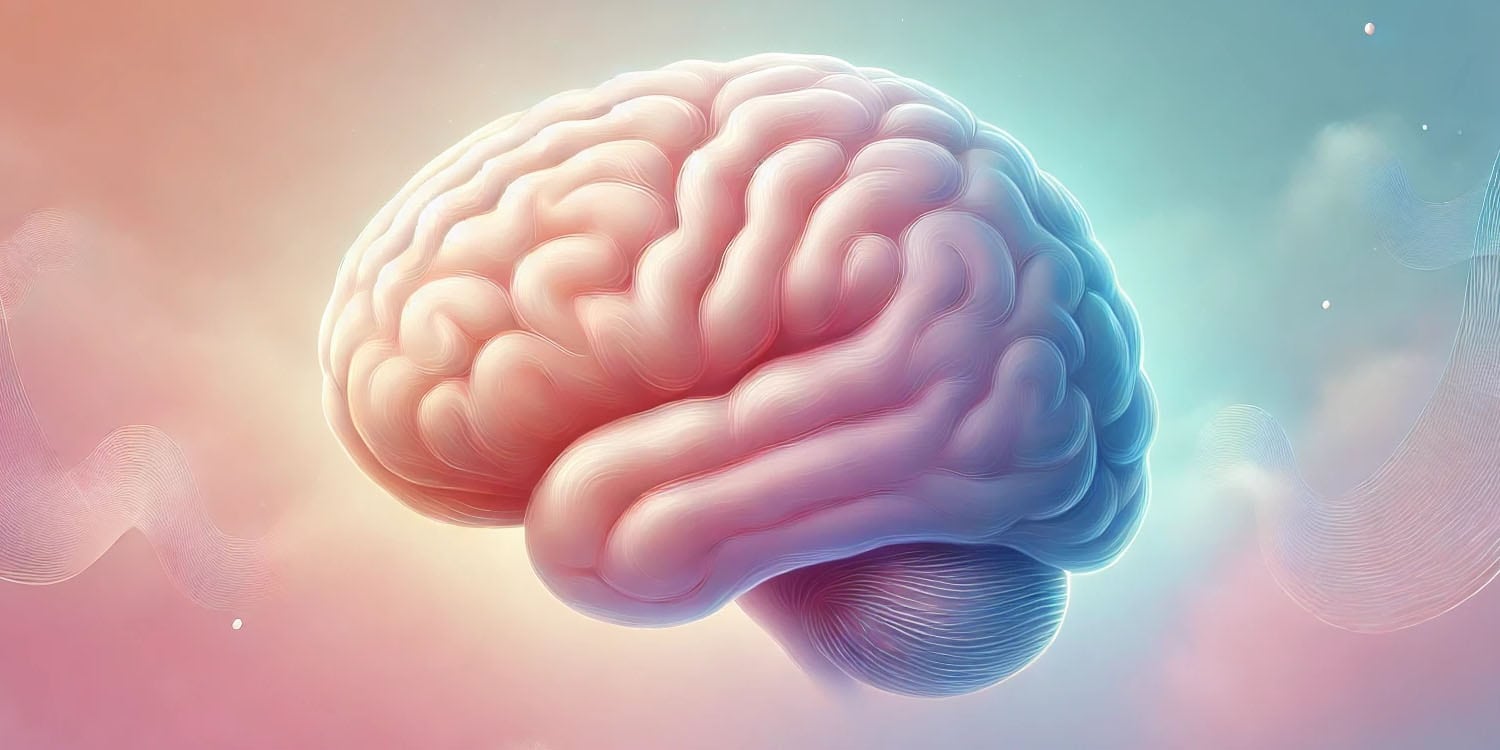Have you ever wondered why social interactions can be so challenging for you, or why certain sensory experiences seem overwhelming? Perhaps you’ve been told you’re a bit different, or you’ve struggled to fit in despite your best efforts. These experiences might have left you questioning if there’s a deeper reason behind them.
Understanding oneself is a journey, and for some, this journey may lead to the realization that they are on the autism spectrum. The Ritvo Autism and Asperger Diagnostic Scale is a quick and reliable tool designed to help adults recognize potential autistic traits. (You can take the test below.)
Autism Spectrum Disorder (ASD) is a neurodevelopmental condition characterized by difficulties in social interaction, communication challenges, and a tendency to engage in repetitive behaviors. ASD is a spectrum, meaning its symptoms can vary widely among individuals. Some people with autism may have significant challenges that impact their daily lives, while others might have more subtle traits that go unnoticed without a closer look.
ASD is not a rare condition. It affects millions of people worldwide, and awareness of its varied presentations has increased significantly over the years. One of the key challenges in diagnosing autism, especially in adults, is that its symptoms often overlap with those of other psychiatric conditions such as anxiety, depression, ADHD, and personality disorders. This overlap can lead to misdiagnosis or delayed diagnosis, making it crucial for individuals and clinicians to have reliable screening tools.
The Ritvo Autism and Asperger Diagnostic Scale (RAADS-14) is a streamlined version of a more comprehensive tool designed to help identify autistic traits in adults. Developed to address the need for a quick and efficient screening method, the RAADS-14 focuses on key areas that are indicative of autism. This scale is particularly useful in clinical settings where time and resources may be limited, but it’s also valuable for individuals seeking to understand their own experiences better.
The RAADS-14 consists of 14 statements that reflect behaviors and feelings commonly associated with autism. These statements are grouped into three main domains:
Mentalizing Deficits: These items assess difficulties in understanding social cues, reading body language, and interpreting the intentions of others. Individuals with mentalizing deficits may find social interactions confusing or exhausting.
Sensory Reactivity: This domain includes items that measure sensitivity to sensory experiences such as sounds, textures, and lights. People with heightened sensory reactivity might feel overwhelmed in environments that others find perfectly normal.
Social Anxiety: These items evaluate discomfort and anxiety in social situations. Individuals might feel nervous or out of place in social gatherings, struggle with small talk, or avoid social interactions altogether.
Each statement in the RAADS-14 is rated on a four-point scale, ranging from “never true” to “true now and when I was young.” The responses are then summed to provide a total score, which can help indicate the likelihood of autistic traits. A score of 14 or higher suggests a higher probability of ASD, warranting further exploration with a healthcare professional.
Take the RAADS-14 Adult Autism Assessment
RAADS-14
This article and the RAADS-14 test are intended for informational and educational purposes only and should not be used as a substitute for professional diagnosis or treatment. If you have concerns about autism or other mental health conditions, please consult a qualified healthcare professional who can provide a comprehensive evaluation and appropriate guidance. Self-assessment can be a helpful first step, but it is important to seek professional advice to obtain an accurate diagnosis and receive the support you may need.




